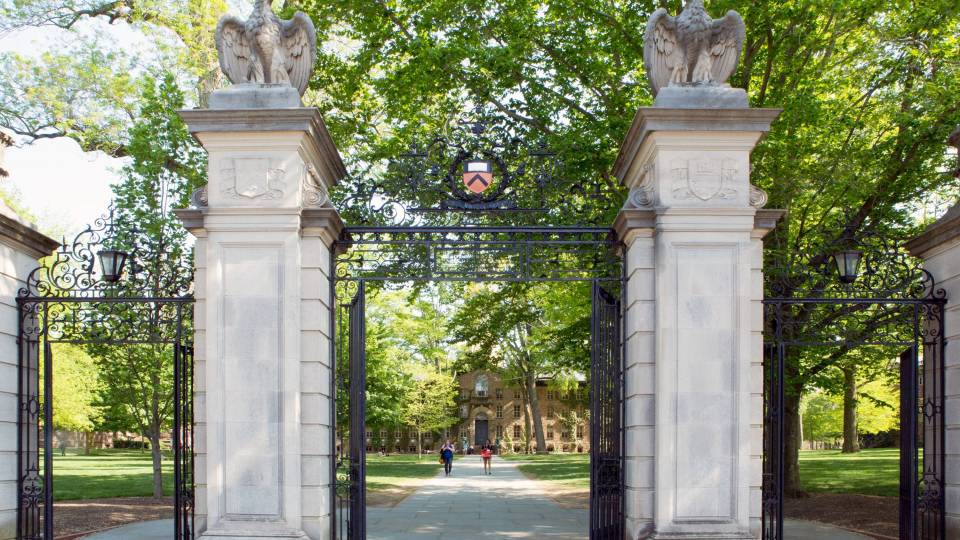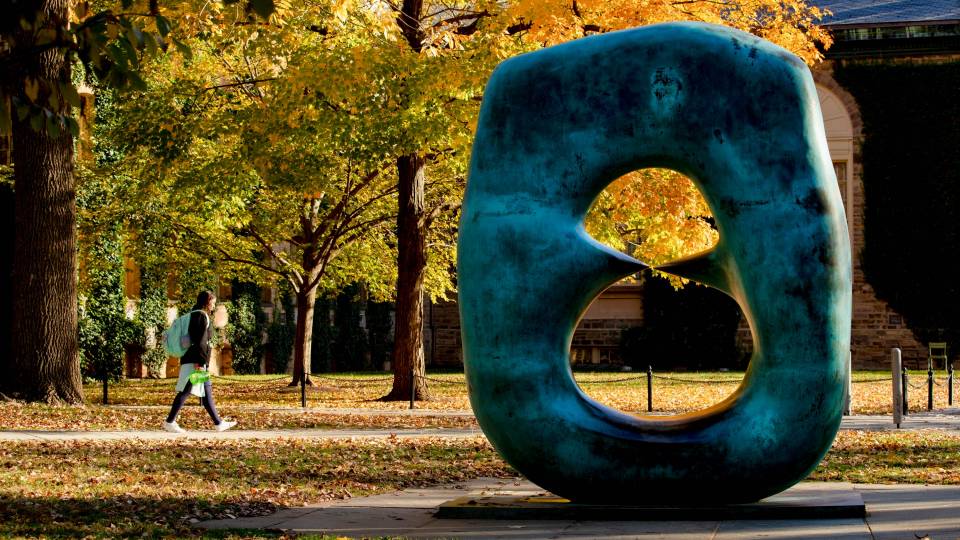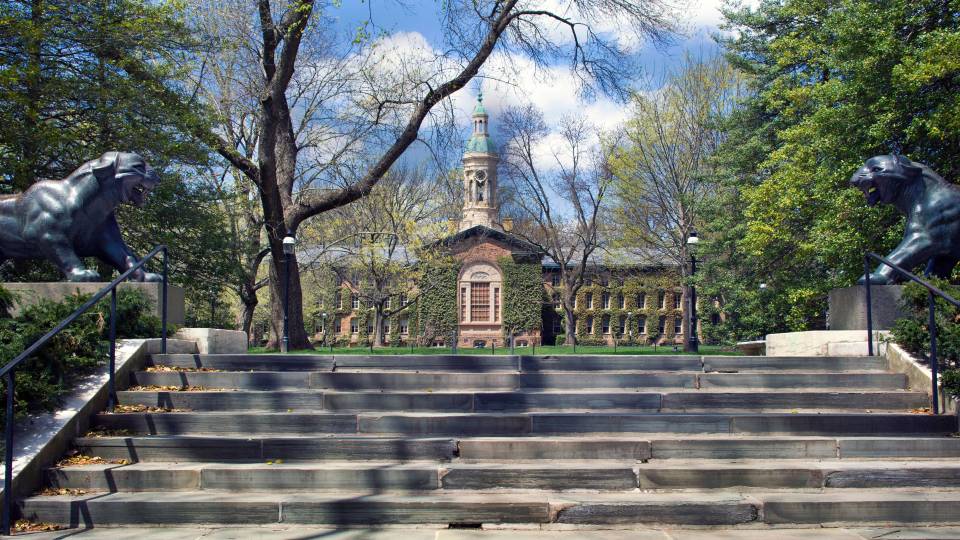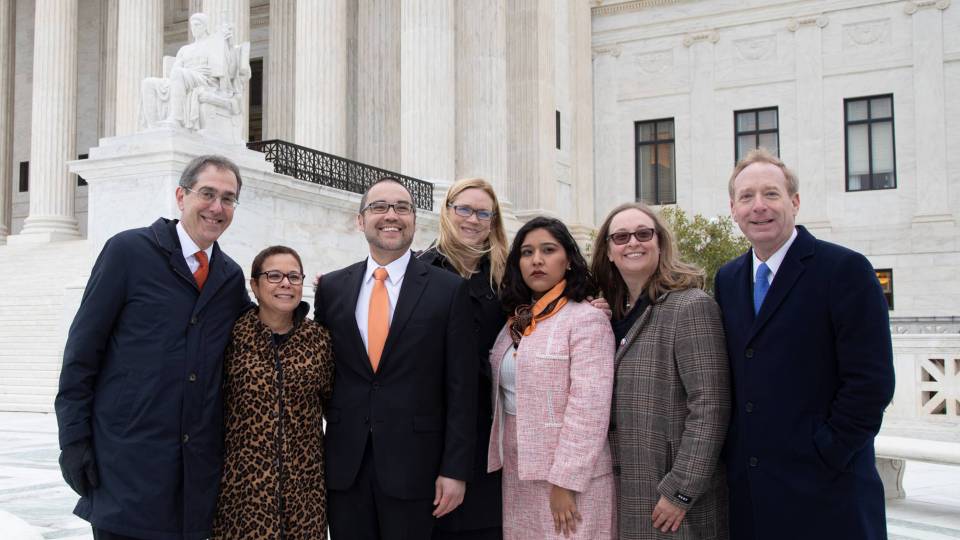A new working group will meet this summer to explore ways that Princeton undergraduates could receive academic credit for practical learning experiences outside of the University, such as summer employment and internships.
Dean of the College Jill Dolan appointed the Working Group on Internships and the Undergraduate Curriculum to review existing policies for awarding academic credit for practical experiences and to recommend alternative approaches, if appropriate. The undergraduate curriculum currently does not offer course credit for employment and internship experiences.
“I ask that this group propose different avenues for departments and programs to pursue if they wish to attach curricular import to students’ practical learning in employment settings,” Dolan wrote in her charge to the group, which will include faculty, staff and undergraduates.
The working group was created following the University’s expression of concern for international students impacted by government delays in approving Optional Practical Training (OPT). OPT allows international students studying in the United States to supplement their education with experiential learning and on-the-job training. Due to the federal government’s processing delays, many international students at U.S. colleges and universities have been unable to begin their job or program on time and some have lost out on their position altogether.
Princeton has offered support and financial assistance to its international undergraduates affected by the OPT processing delays. President Christopher L. Eisgruber and higher education leaders across New Jersey also sent a letter last month to the state’s congressional delegation expressing concern about OPT delays and other obstacles their institutions face in attracting and retaining international faculty, students and staff.
Dolan said the new working group’s review could have particular impact on international students. Under federal immigration regulations, international students may be granted Curricular Practical Training (CPT), rather than going through the OPT approval process, if their employment experience relates directly to their field of study and is an integral part of an established curriculum. This is currently understood to mean that either the internship may be used to satisfy a requirement for the degree, or that the internship carries course credit.
“The connection between employment and the curriculum also has significance for students because of its implication for employment law. For instance, time-consuming federal processes for work authorization complicate international students’ path to experiential learning in domestic employment settings,” Dolan said in her charge to the working group. “If internships were more closely connected to the undergraduate curriculum, work authorization could be granted more expeditiously. In other instances, students cannot pursue unpaid internships in a range of settings because their employers require them to receive course credit to compensate for their lack of financial remuneration.”
Every course at Princeton undergoes careful review by the Office of the Dean of the College(Link is external) before it is listed as part of the undergraduate curriculum to ensure that the work and the requirements are appropriate for a Princeton course. Any addition or change to the curriculum would ultimately require approval from the appropriate channels of University governance, including the Faculty Committee on the Course of Study and the University’s faculty.
The working group will meet over the summer and make its recommendations by the fall term. The group welcomes feedback and recommendations from students and faculty. Comments may be sent to the group’s email at internshipwg@princeton.edu.
The Working Group on Internships and the Undergraduate Curriculum will be co-chaired by Associate Dean of the College Rebekah Massengill and by Margaret Martonosi, the Hugh Trumbull Adams ’35 Professor of Computer Science and director of the Keller Center for Innovation in Engineering Education.
In addition to Massengill and Martonosi, the working group members are:
• Kimberly Betz, executive director, Center for Career Development
• Ashley Boost, assistant registrar for course information
• Smita Brunnermeier, lecturer in economics and public and international affairs
• Brian Herrera, associate professor of theater in the Lewis Center for the Arts
• Antoine Kahn, vice dean, School of Engineering and Applied Science. Stephen C. Macaleer ’63 Professor in Engineering and Applied Science. Professor of electrical engineering
• Allen Liu, Class of 2022
• Theodor Marcu, Class of 2020
• Olivia Ott, Class of 2020
• Mladenka Tomasevic, senior associate director for international students, Davis International Center







